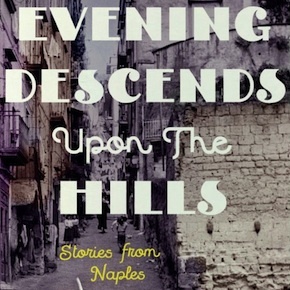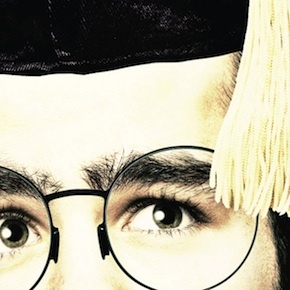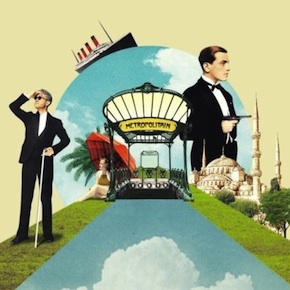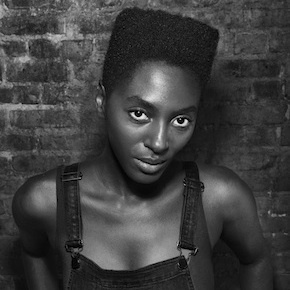
Marcia Daley-Ward aka ‘mum’
had a slim waist (in the very beginning), soft hair a gorgeous smile (pearly arcs, those teeth. Shining church doors). Marcia had smiling eyes loose hips could dance as well as anyone on television lived with her grandparents in Kingston, Jamaica, and she was oh so kind, had some art about her. When told to...
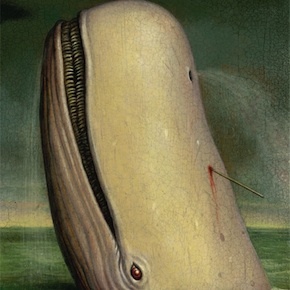
The solid case for ambiguity
At a moment of writers’ block, “the United Kingdom came to my rescue,” declares Javier Cercas in The Blind Spot: An Essay on the Novel, that is based on his Weidenfeld Lectures at Oxford in May 2015. The United Kingdom is in fact The Telegraph, or to be precise, an article by Umberto Eco, quoting...
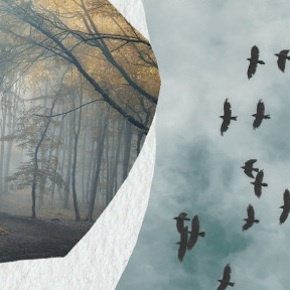
Answers without questions
The Dictionary of Animal Languages is a single-voice narrative that moves concurrently on two planes of being; it stretches itself over dual dimensions of time and space, and lays claim on a bifocal understanding of the self. Not a dichotomised self, but a fully alert, almost live-wire vivid, split consciousness, whose strands interlace ineluctably, creating...
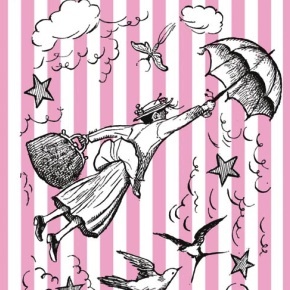
We need to talk about nanny
My ex-husband and I moved from Berkeley, California to Kensington in 1994. I was the proverbial deer in headlights, having not a clue how the world functioned beyond the scope of my somewhat limited life experience. The word naïve doesn’t really cut it, as I was too naïve to notice my own naïvety. In truth,...

Recapturing infinity in the present
“Am I the same person?” asks Fela Rosenbloom, whose narrative of her early life in Łódź, and her internment in no fewer than six German labour and concentration camps, prefaces her husband’s longer, very different account of the 20th century. Miracles Do Happen is a joint memoir of war, Jewish life, community and identity, survival...

Crying wolf
Millennial moments are full of auguries and momentum, real promise or sly illusions. They trick us into a sense of tabula rasa, into an exalted feeling of weightlessness from the past and its responsibilities, its phantoms and nightmares, but also from the effort to match and sustain its legacy of greatness and wisdom. It is...
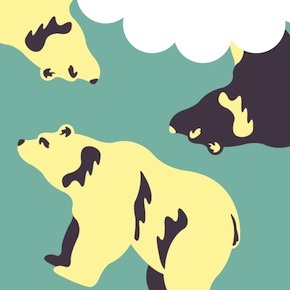
Glimpses of unfamiliar France
Glimpses of Unfamiliar Japan is the title of an idiosyncratic account of Japan as a country, as a philosophy, as a world and way of life, as the seductive Other seen through Western eyes. It was written by a rather remarkable man, Lefkadio Hearn (who became Koizumi Yakumo), now mostly forgotten. It is an intimate...

Riddled words, puzzled lives
There is something deliciously provocative about a work of literary fiction that begins with the statement “If it sounds like writing, rewrite it”. It is a pronouncement that holds the reader in irresistible tension: will this prove to be the most flawless of narratives or be exposed instead as the most bombastic of bathetic ironies?...

